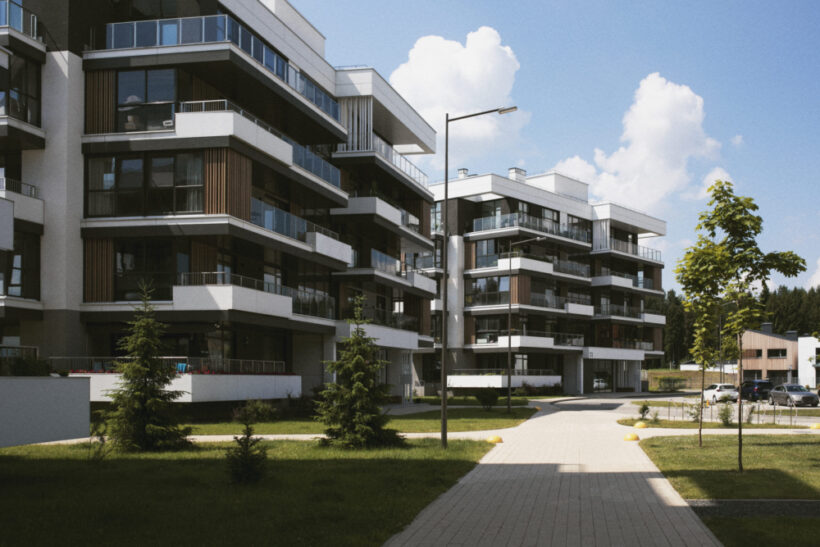Introduction
Real estate, a cornerstone of wealth and stability, is a dynamic industry that continuously adapts to economic shifts, technological advancements, and changing consumer preferences. Whether you’re a potential homebuyer, investor, or simply interested in the world of property, understanding the current trends and insights in real estate is essential. In this article, we’ll explore some of the key trends shaping the real estate market and provide insights to help you navigate this dynamic landscape.

Rise of Remote Work and Flexible Spaces
The pandemic accelerated the adoption of remote work and transformed the way people view their living and working spaces. As a result, there’s a growing demand for homes with dedicated home offices and properties situated in more suburban or rural areas. Real estate developers are also focusing on creating flexible spaces that can accommodate remote work needs.
Sustainable and Eco-Friendly Living
Sustainability is no longer a niche concern; it’s a driving force in real estate. Buyers and renters are increasingly looking for energy-efficient homes with features like solar panels, smart thermostats, and eco-friendly construction materials. Green building practices are gaining traction, not only due to environmental concerns but also for their long-term cost savings.
Tech Integration and Smart Homes
Technology is reshaping the real estate landscape. Smart home features, such as integrated security systems, smart appliances, and home automation, are becoming more prevalent. Additionally, virtual tours and 3D property visualizations are changing the way properties are marketed and viewed.

Urban Revival and Suburban Shifts
While urban living has always been attractive, the pandemic prompted some to seek more space and distance. However, cities are adapting and focusing on revitalization efforts to attract residents back. Suburbs, on the other hand, are benefiting from increased demand as people look for larger homes and more outdoor space.
Rental Market Dynamics
The rental market has seen its share of changes. Some individuals are opting to rent in urban areas due to flexibility, while others are exploring homeownership in suburban or rural locations. This dynamic is influencing rental prices and property investment strategies.
Real Estate Technology (PropTech)
The integration of technology in real estate, known as PropTech, is disrupting traditional practices. From online property listings and transaction platforms to blockchain-based property records, technology is streamlining processes and increasing transparency.
Shifts in Investment Strategies
Real estate investment strategies are adapting to changing market conditions. Commercial real estate, for instance, has seen shifts due to remote work trends, with some companies reconsidering their office space needs. Investors are also exploring opportunities in emerging markets and real estate crowdfunding platforms.

Aging Population and Senior Living
The aging population is influencing the demand for senior living communities and properties that cater to older adults. Thus, this sector is undergoing innovation, focusing on wellness, healthcare services, and amenities that promote active aging.
Conclusion
The world of real estate is in constant flux, driven by a combination of economic, social, and technological factors. Staying informed about these trends is crucial whether you’re considering buying, selling, or investing in property. As you navigate the dynamic landscape of real estate, remember that understanding these trends can help you make informed decisions and leverage opportunities in this ever-evolving market.
To read more, click here
Thank You For Reading, Follow us on Social Media Platforms, Click Here: Instagram, Facebook, YouTube, and Twitter
Stay Informed, Stay Responsible with My Finance World!










